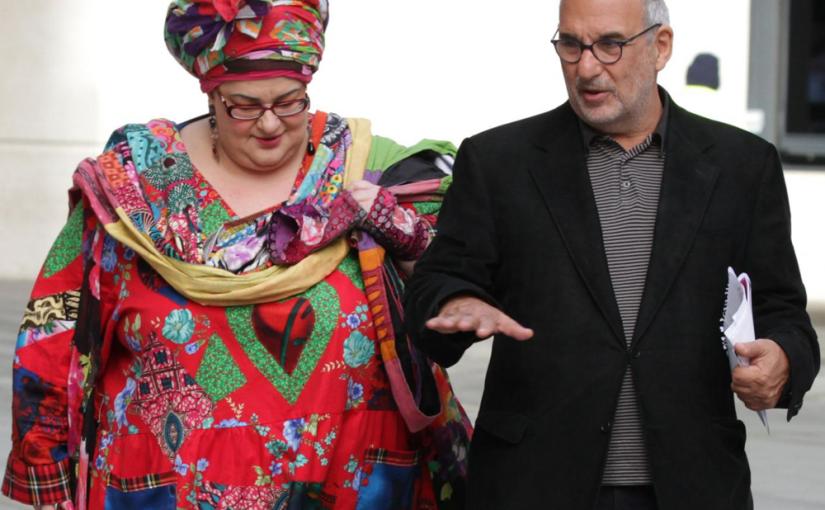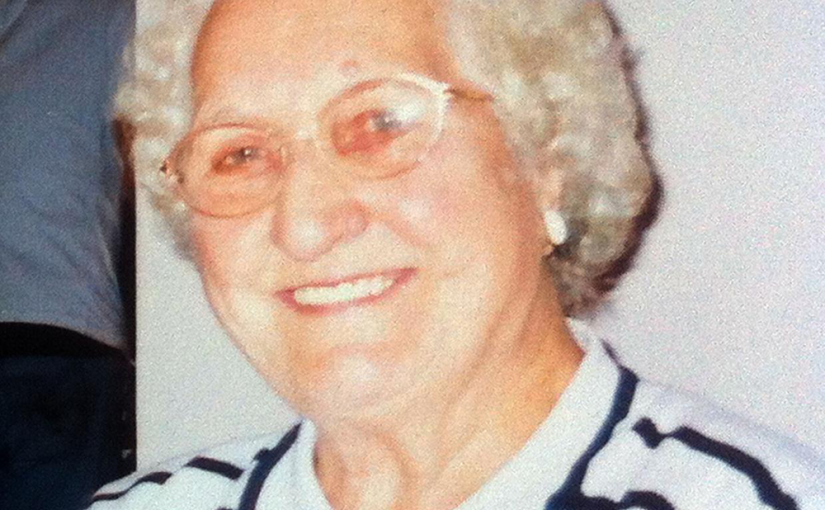Former trustees of Kids Company have accused MPs behind a highly critical report of “naively” accepting criticisms made by people hostile to the charity.
Alan Yentob, the charity’s former chairman, will be accused of presiding over an “extraordinary catalogue of failure” and “financial mismanagement” that let down vulnerable children and ultimately led to the organisation’s collapse.
In a damming report, Parliament’s Public Administration Committee said Mr Yentob was “negligent” and “suspended (his) critical faculties”, by allowing Kids Company’s charismatic chief executive, Camila Batmanghelidjh, to spend millions of pounds with little or no oversight.
But in a robust statement, the former trustees of Kids Company including Mr Yentob accused MPs of having “naively accepted allegations made in the media and by a small number of individuals, some with vested interests in damaging Kids Company and its much-praised model of loving care and practical support” at the expense of the evidence of expert witnesses.
“It is a regrettable feature of British democracy that the committee can use the curtain of parliamentary privilege to produce what is an irresponsible report, immune from the defamation claims that would inevitably follow without this privilege,” they said.
Mr Yentob and the other trustees described the report as “inaccurate, unbalanced and irresponsible”.
The report also castigated politicians from the Prime Minister down for being “captivated” by Ms Batmanghelidjh and authorising multi-million pound grants to the charity “outside the usual decision-making process”.
This, it added, was done on the basis of “little more than their relationship with a charismatic leader, small-scale studies and anecdotes”.
The committee also concluded that Kids Company helped just a fraction of the children it claimed to be working with – in some cases counting a whole class of children as “clients” if they benefited from work with just one individual. It added that while Kids Company said it was working with 18,000 children, only 1,900 youngsters were passed onto Southwark Council when the organisation closed last August.
The charity, it said, misused funds to pay for luxury items for clients that “diverted” money from other projects.








